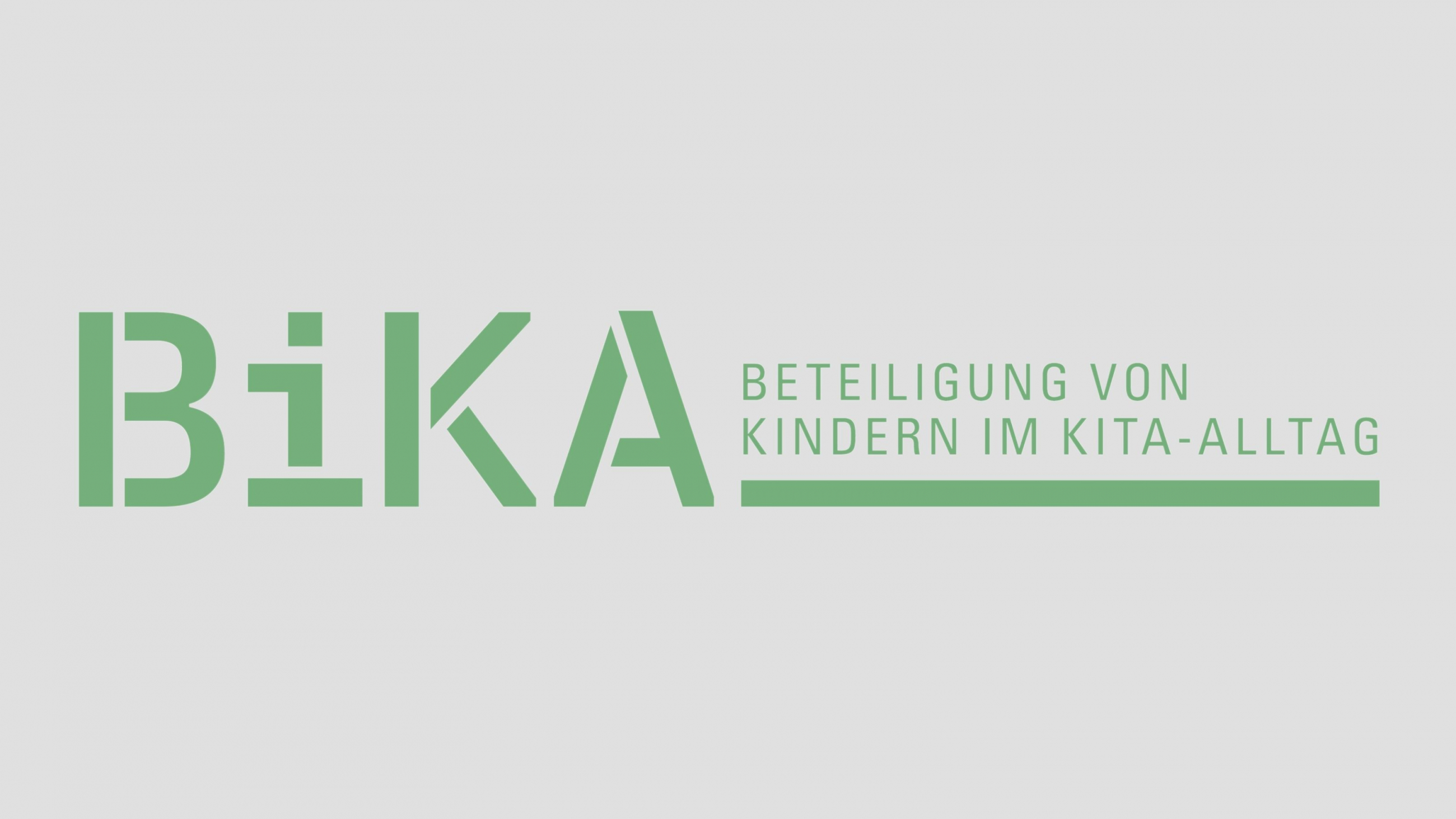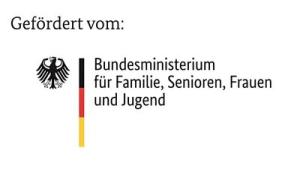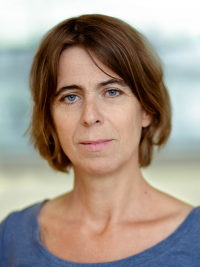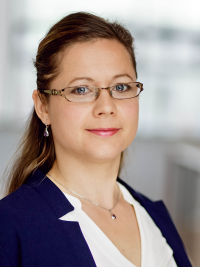BIKA – Participation in Daycare Everyday Life
BiKA is a joint research project of the University of Applied Sciences Potsdam and the Research and Development Institute PädQUIS®, affiliated institute of the ASH Berlin and cooperating institute of the University of Graz. The study was developed jointly and is carried out under joint responsibility. It is funded by the Federal Ministry for Family Affairs, Senior Citizens, Women and Youth.

- PädQUIS – Forschungs- und Entwicklungsinstitut, An-Institut der ASH Berlin und Kooperationsinstitut der Universität Graz
In recent years, the day care sector, especially the crèche sector, has been greatly expanded in Germany, thus laying a good foundation for many parents to reconcile family and work. As a next step, the federal and state governments are now jointly taking a closer look at quality.
In the BiKA study, the University of Applied Sciences Potsdam, in cooperation with the PädQUIS Institute, is examining the quality of child day care with a focus on the realisation of the participation of toddlers. This brings into focus an important part of process quality demanded by professionals and large provider associations, which has so far received little attention at the national level. The study examines how educators in day care centres succeed in taking the perspective and needs of the children in their care into account in an appropriate manner and in securing their participation in the life situations that are important for them.
For this purpose, on the one hand, the educator's ability to recognise the signals of young children and to react to them, to accompany them sensitively and supportively, and on the other hand, their competence to shape ritualised key situations in the everyday life of the day-care centre in a participatory way is recorded. In addition to these participation-oriented pedagogical competences of the professionals, it is important to examine the reaction of children to the participation-oriented interactions of the professionals. Both the participation-oriented competences of the professionals and the corresponding reactions of the children will be videotaped in everyday pedagogical situations, with the focus on everyday routines such as eating, reading aloud and playing.
You can download the final report here:
Summary of the final report BIKA

Project management


Involved
Project coordination
Bianka Pergande
Other participants
- Lisa Haas
- Alina Kraft
- Lydia Küttner
- Carolin Rauhöft (formerly)
- Lisa Starcke (formerly)
- Julia Huwer (formerly)
-
Anna Katharina Range
- Sarah Schilling